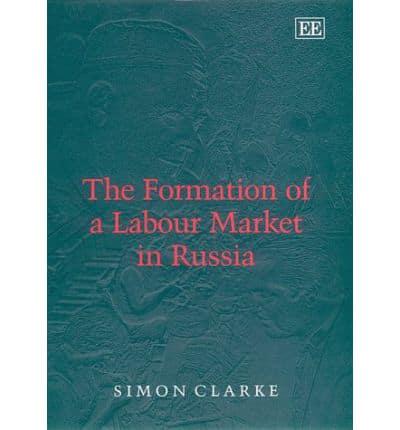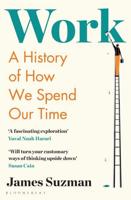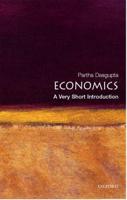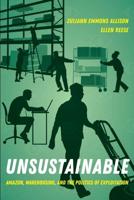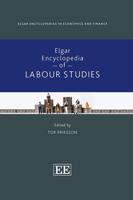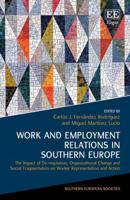Publisher's Synopsis
The Russian labour market has been hailed by some economists as being 'perfectly flexible' because Russia has achieved enormous employment restructuring with minimal unemployment, and by others as plagued by rigidities since pay structures have been frozen, inequality has increased and job creation has been negligible. Such disagreements reflect both the lack of serious research on the formation of a labour market in Russia and the lack of theoretical agreement as to what constitutes a labour market.
Simon Clarke addresses these empirical and theoretical issues on the basis of statistical survey and case study data collected within the framework of a large-scale collaborative research programme on the restructuring of labour and employment in Russia. The book reviews the historical context, the statistical data and the theoretical issues before proceeding to a detailed analysis of the development of the labour market in the interaction of the labour market strategies of employers and employees.
The Formation of a Labour Market in Russia will be of interest to scholars of transition studies and labour economics, industrial relations specialists and sociologists of labour.
